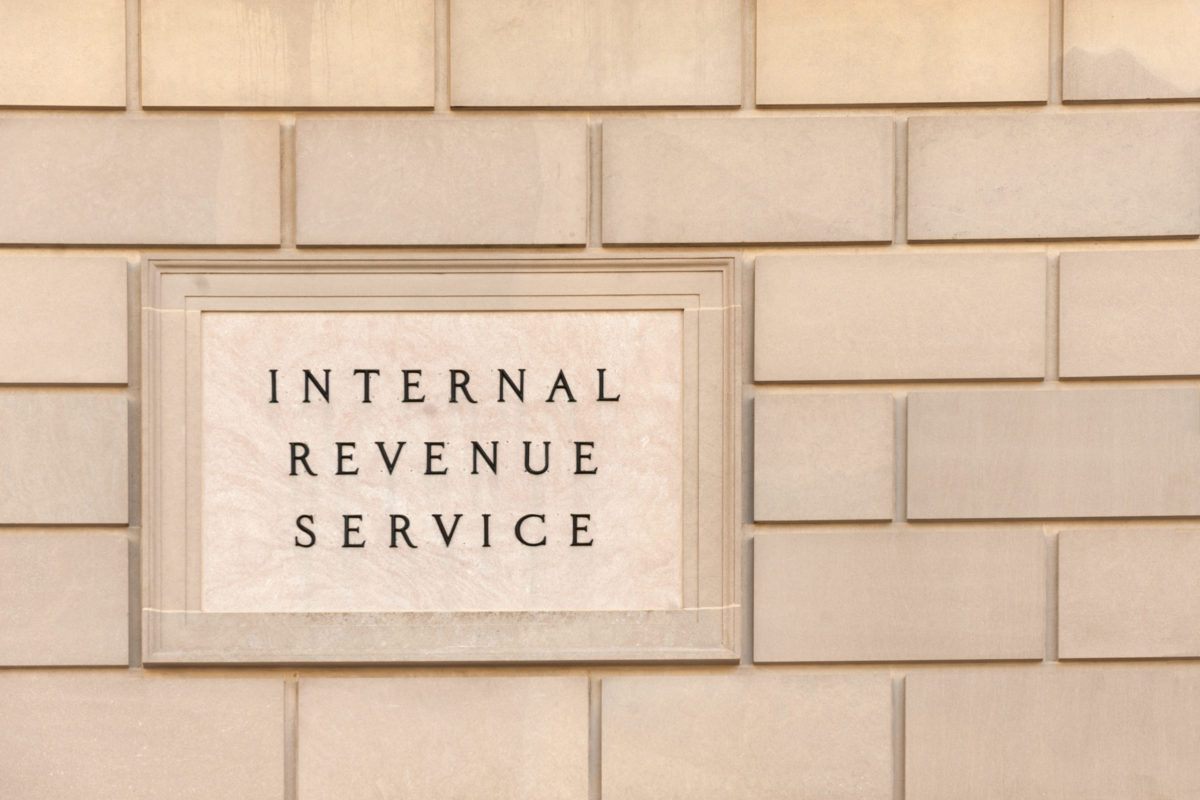Penalty Waiver for Incorrectly Filed Information Returns

Incorrectly filed information returns can be very costly. If an employer is required to file Forms 1094-C and/or 1095-C electronically [1] but fails to do so, and he or she does not have an approved hardship waiver, then the employer may be subject to a penalty of $280 per return[2] unless he or she can establish reasonable causes. This article will focus on how to protest the IRS penalty assessment and seek a penalty waiver by establishing reasonable causes.
Procedure
A filer will receive a 927CG notice of proposed penalties from the IRS for incorrectly filed returns, and the filer has 45 days from the notice date to respond. Timing is of the essence here. The filer should utilize this period to gather evidence, conduct investigations, consult with tax law professionals, and prepare a protesting letter. If a filer does not respond within the time period, he or she will receive a bill called “notice of penalty charge” for the amount of the proposed penalties, and interest will begin to accrue.
Reasonable Cause
Internal Revenue Code § 6724(a) provides that “[n]o penalty shall be imposed under this part with respect to any failure if it is shown that such failure is due to reasonable cause and not to willful neglect.” To show that the failure was due to reasonable cause, the filer must establish that he or she acted in a responsible manner before and after the failure occurred, and that
– There were significant mitigating factors with respect to the failure, or
– The failure was due to events beyond the filer’s control.
Significant Mitigating Factors. 26 CFR § 301.6724-1(b)
The significant mitigating factors include, but are not limited to –
(1) The fact that prior to the failure the filer was never required to file the particular type of return with respect to which the failure occurred, or
(2) The fact that the filer has an established history of complying with the information reporting requirement with respect to which the failure occurred.
Events Beyond the Filer’s Control. 26 CFR § 301.6724-1(c)
Events that are generally considered beyond the filer’s control include but are not limited to
(1) The unavailability of the relevant business records due to fire or other casualties, statutory or regulatory changes, or the unavoidable absence of the person with the sole responsibility for filing a return.
(2) An undue economic hardship relating to filing on magnetic media.
(3) The failure was due to the filer’s reasonable reliance on erroneous written information from the Internal Revenue Service.
(4) The filer exercised reasonable business judgment in contracting with the agent to file returns and the agent satisfied the criteria under either significant mitigating factors or events beyond the filer’s control.
(5) The failure of the payee or any other person providing necessary information.
Acted in a Responsible Manner. 26 CFR § 301.6724-1(d)
The filer must exercise reasonable care that a reasonably prudent person would use under the circumstances in the course of its business in determining its filing obligations and in handling account information, and the filer undertook significant steps to avoid or mitigate the failure.
Conclusion
In small or midsize businesses, the information returns sometimes get filed incorrectly due to the time pressure and/or inexperience of the person in charge. We have helped clients successfully obtain the penalty waiver under those situations. If you have any questions regarding the penalty waiver, please do not hesitate to contact us.
[1] An employer who is required to file 250 or more information returns must file them electronically.
[2] the total penalty not to exceed $3,392,000 for a calendar year.

Stuart & Branigin was founded in 1878 in Lafayette, Indiana. Our experienced and knowledgeable lawyers provide trusted counsel to local, regional and national clients. Our firm is composed of five practice groups, Corporate and Non-Profit, Litigation, Personal Injury, Private Client Services, and Transportation.